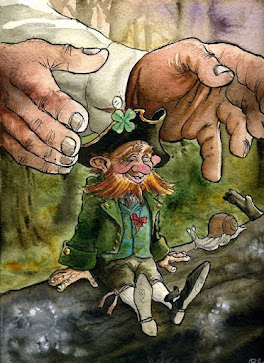The Rising
Irish nationalists under the command of Padraig Pearse, James Connolly, and Thomas Clarke began an armed uprising against British authority on Easter Monday, April 24, 1916. The General Post Office and other significant Dublin sites were taken over by the rebels, who then proclaimed the creation of the Irish Republic.
Over 450 people, including civilians, rebels, and British soldiers, died during a week of fierce combat after the British government sent in troops in response. The rebels were eventually routed, and in the weeks that followed, their leaders were put to death.
The Easter Rising, sometimes referred to as the Irish Rebellion, took place between April 24 and April 29, 1916, and was a crucial moment in Irish history. The revolt represented a turning point in the conflict for Irish independence as well as in the ties between Ireland and the United Kingdom.
Background
Years of political instability, as well as social and economic injustice in Ireland, served as a catalyst for the Irish Rebellion. Ireland was governed by the British in the 19th century and was the target of a number of discriminatory laws and regulations that favored the Protestant, Anglo-Irish ruling class against the Catholic majority. Because of the resulting social upheaval and pervasive poverty, many Irish people started to demand more independence and autonomy in increasingly radical ways.
The Rise
Over Easter An armed uprising against British authority was started on April 24, 1916, by a group of Irish nationalists under the leadership of Padraig Pearse, James Connolly, and Thomas Clarke. The General Post Office and other significant Dublin sites were taken over by the rebels, who then proclaimed the creation of the Irish Republic.
Over 450 people, including civilians, rebels, and British soldiers, died during a week of fierce combat after the British government sent in troops in response. The rebels were eventually routed, and in the weeks that followed, their leaders were put to death.
Legacy
The Irish Rebellion had a significant impact on Irish history and politics despite its initial failure. Irish public opinion was swayed against British rule by the ruthless suppression of the uprising and the execution of its leaders, which led to the War of Independence, which lasted from 1919 to 1921.
Later Irish nationalist generations also found inspiration in the uprising because they regarded it as a representation of the fight for Irish independence and the necessity of political and social change.
Conclusion
The Irish Rebellion, which took place in the country at a crucial juncture in its fight for independence and sovereignty, was a major development in Irish history. Despite eventually failing, the rebellion sparked widespread support for Irish independence and prepared the way for the establishment of the Irish Free State. Even today, the legacy of the rebellion continues to influence Irish politics and culture as a potent symbol of Irish identity and nationalism.




Comments
Post a Comment